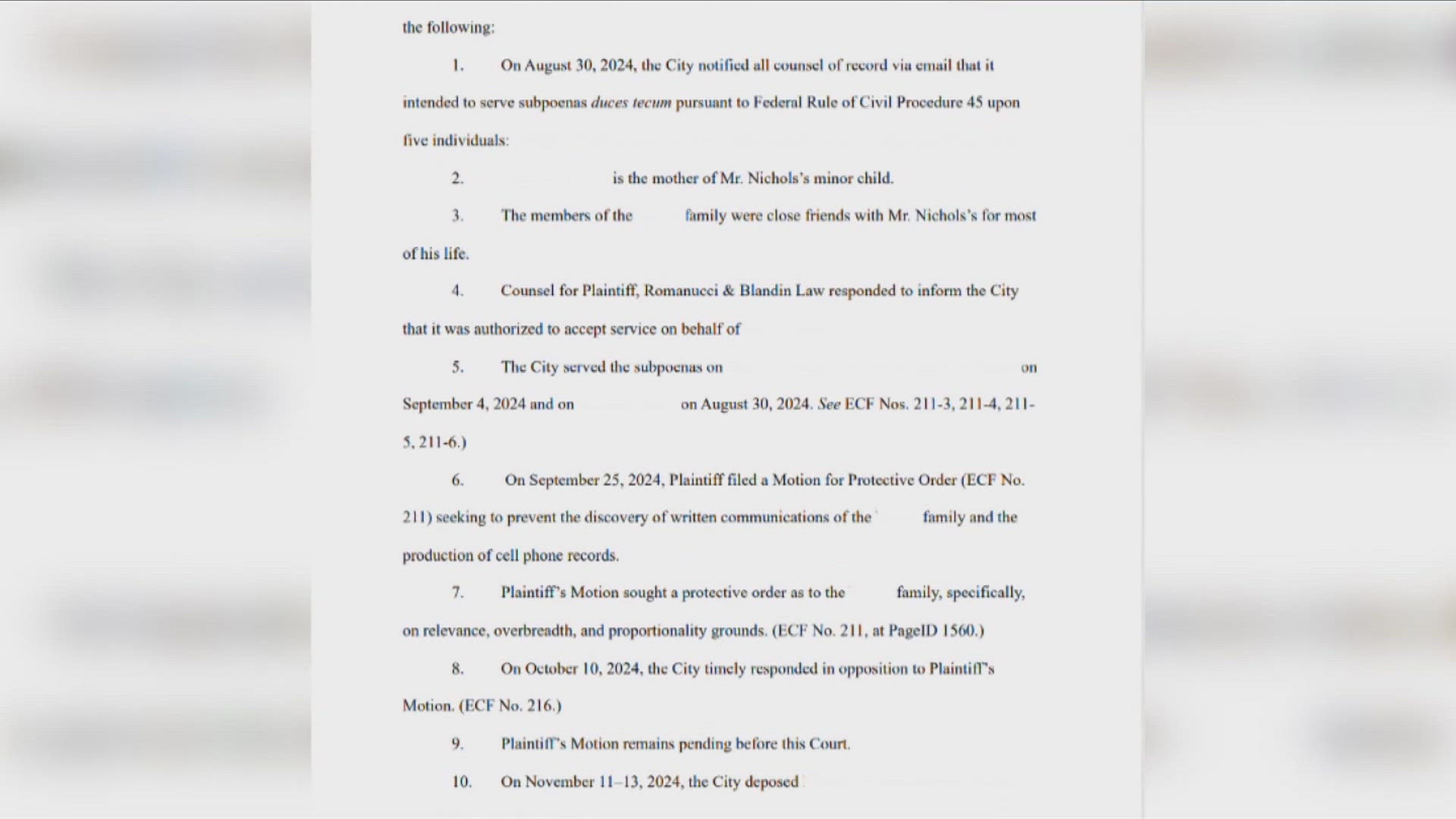JACKSON, Miss — Mississippi residents will continue being unable to bypass lawmakers and put policy proposals on statewide ballots because a key senator killed a plan Thursday to create a new initiative process.
The proposal would have let people petition on a wide range of issues, but not on abortion.
Senate Accountability, Efficiency and Transparency Committee Chairman John Polk said he liked the ban on abortion initiatives but he had concerns about other parts of the proposal.
In a state of roughly 3 million residents, the Senate proposed a requirement of about 240,000 signatures to put an initiative on the ballot and the House proposed about 106,000. Polk told reporters he was unwilling to go close to the House number.
Polk, a Republican from Hattiesburg, said people can still shape policy by electing and communicating with legislators.
"I believe in our representative form of government," Polk said. "Every four years, everyone has an opportunity to change who represents them."
Thursday was the deadline for the Senate to accept the House proposal, seek negotiations or let the whole issue die without a Senate vote. Polk said that after talking to colleagues, he chose to let it die.
Mississippi voters this year are electing legislators and other officials, including a governor. House Speaker Pro Tempore Jason White, a Republican from West, said he is disappointed the initiative proposal died.
"People have demanded it and asked for it," White said. "And I think on the campaign trail this summer and fall, you're going to get people — constituents, voters — talking about it."
In May 2021, the Mississippi Supreme Court ruled the state's previous initiative process, in place since the 1990s, was outdated and invalid because it required initiative sponsors to gather an equal number of signatures from five old congressional districts. Mississippi dropped to four districts after the 2000 Census because of slow population growth, but legislators never updated the initiative process.
Only a few initiatives have made it to the ballot, largely because organizers fell short on signatures. In 2011, Mississippi voters rejected a personhood initiative, which would have defined life as beginning at conception. That surprised many abortion rights opponents in the conservative state.
The U.S. Supreme Court used a Mississippi case last June to upend abortion rights nationwide, and Mississippi now bans most abortions. Since June, voters in six states have either expanded or protected existing abortion rights through ballot initiatives. Kansas protected abortion rights in August, and five other states have either enshrined those rights or rejected constitutional restrictions on abortion.
The resolution to create a new Mississippi initiative process would have allowed proposed laws to go on the ballot. The previous process allowed initiatives to propose state constitutional amendments.
Once a constitutional amendment is approved, any attempt to revise or repeal it would need to go back on the statewide ballot for voters to consider. Changing a state law is simpler: That can be done by a majority vote in the Mississippi Legislature.
Rep. Robert Johnson of Natchez, the House Democratic leader, said Thursday the proposal to create a new initiative process was flawed because "the House and Senate could come back with a majority vote and overturn what people wanted."
Johnson said legislators should have simply fixed the problem the state Supreme Court found, by using the four congressional districts to count signatures.
"As much as it hurts me to have to wait to come back until next year, I'd rather come back next year and have a real bill that people want," Johnson said.
___
Associated Press/Report For America reporter Michael Goldberg contributed to this report.



